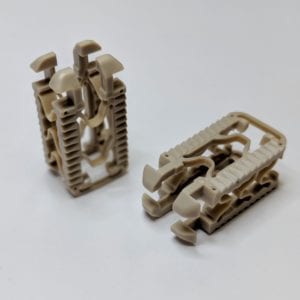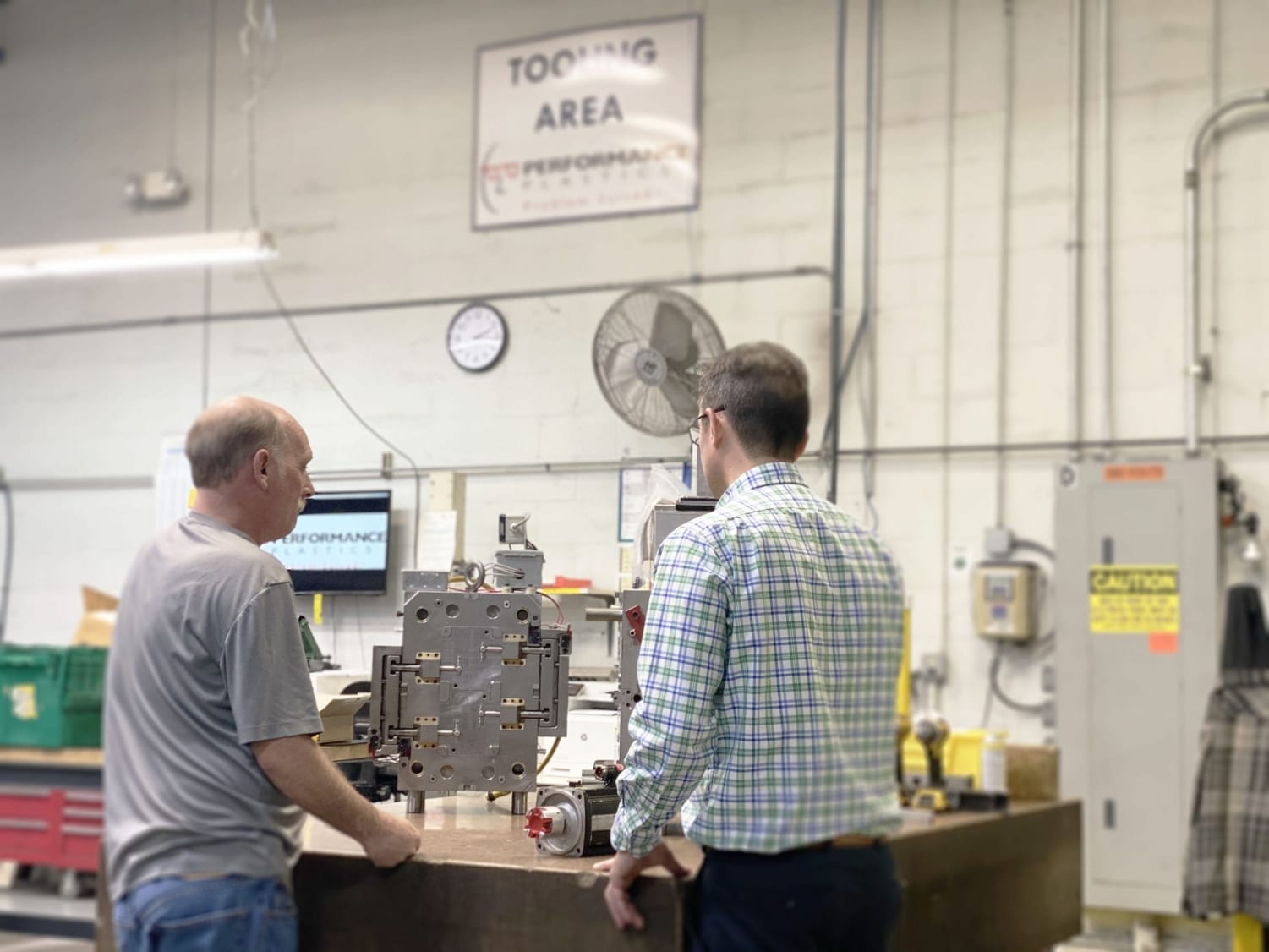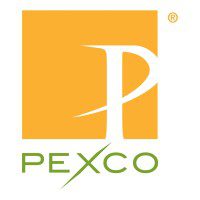
Precision and purity are key in the semiconductor industry. Plastics help maintain high standards of precision and purity during semiconductor production, ensuring that less time and resources are wasted and that electronics function properly.
Since plastics are typically insulators, they may seem an unlikely material for use in semiconductor / electrical applications. However, in recent years, the composition of some plastic materials has been adapted to make these plastic materials behave as conductors or semi-conductors as opposed to insulators.
The semiconductor industry requires components that are manufactured from materials having a combination of heat resistance, conductivity, insulating, and shielding properties. All these properties are exhibited by high performance plastics. They are ideal materials with which to produce end products, as well as parts in the processing equipment used to manufacture semiconductors.
High performance plastics such as Fluorinated Ethylene Propylene (FEP), Polyether Ether Ketone (PEEK), and Polytetrafluoroethylene (PTFE), are characterized by their exceptional properties in different areas. High performance plastics are largely used where highest demands are placed on thermal or chemical resistance or product mechanics.
- FEP – Fluorinatedethylenepropylene is a copolymer of hexafluoropropylene and tetrafluoroetheylene; boosts chemical resistance and useful low friction properties, and is easily formable. FEP is soft, slightly flexible, possesses a lower melting point of 260°C and is highly transparent and resistant to sunlight. It is vastly superior in some coating applications involving exposure to detergents.
- PEEK – Poly Ether Ketone is a semicrystalline thermoplastic with exceptional high temperature performance, mechanical strength, and chemical resistance. It is capable of maintaining its stiffness at high temperatures and is suitable for continuous use up to 260°C (480°F). In addition, PEEK does not undergo hydrolysis and can be used for significantly long periods of time in areas where steam or water is common.
- PTFE – Polytetrafluoroethylene is a tough, flexible, non-resilient material of average tensile strength with great thermal properties and excellent resistance to chemicals and passage of electric current. The coefficient of friction is unusually low and believed to be lower than any other solids. PTFE is an outstanding insulator over a wide range of temperatures and frequency.
Performance Plastics are specialists in high performance plastics engineering for the semiconductor industry. We partner with our customers to offer solutions to some of the most challenging applications. For more information, please contact Rich Reed, Vice President of Sales & Marketing at 513.321.8404 or email [email protected].


 When starting to produce a new product, it’s important to decide on the type of process you will use for the manufacturing process. While injection molding is a very cost-effective process, the initial startup cost of the mold is often a barrier of entry.
When starting to produce a new product, it’s important to decide on the type of process you will use for the manufacturing process. While injection molding is a very cost-effective process, the initial startup cost of the mold is often a barrier of entry.





